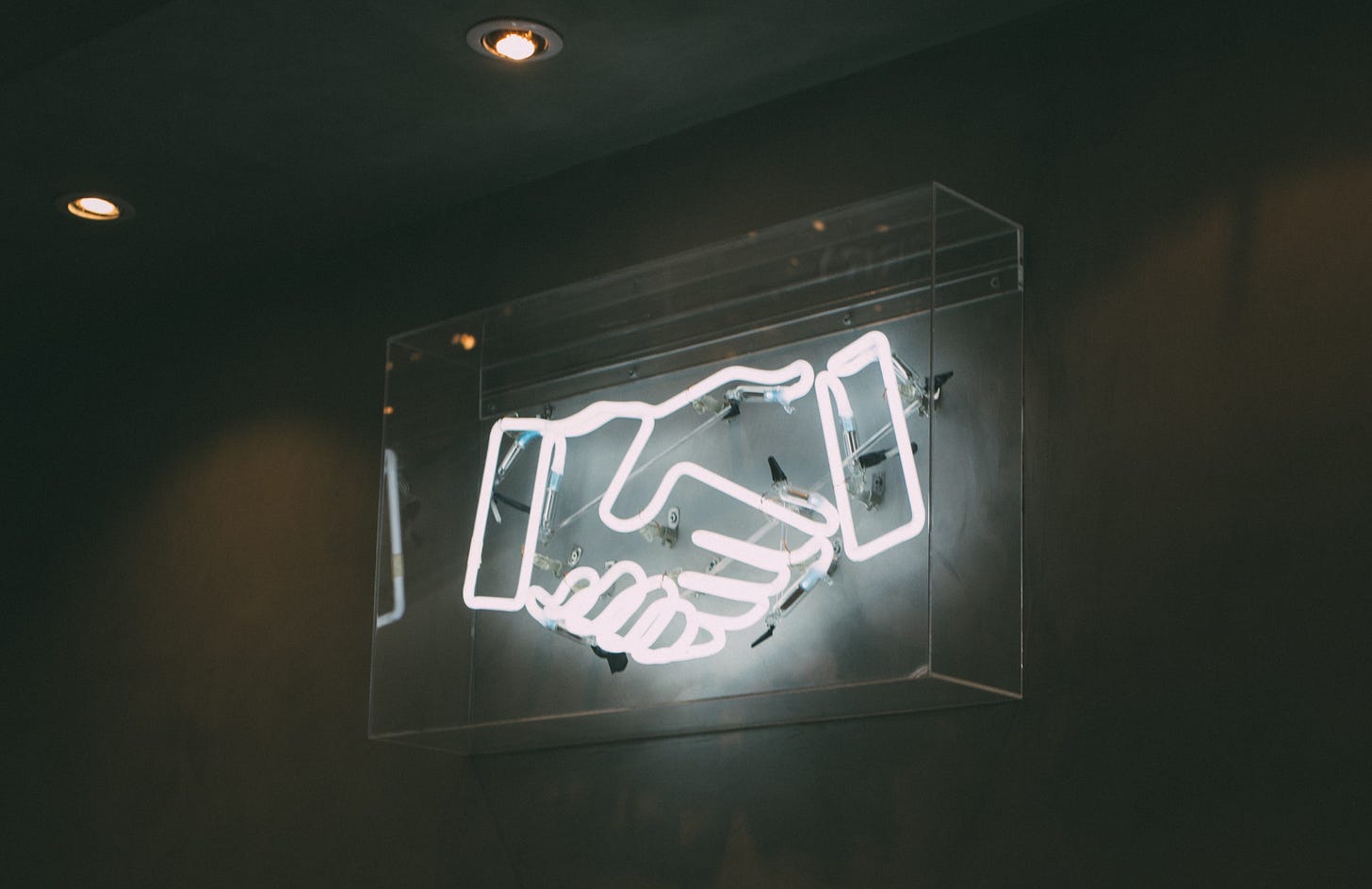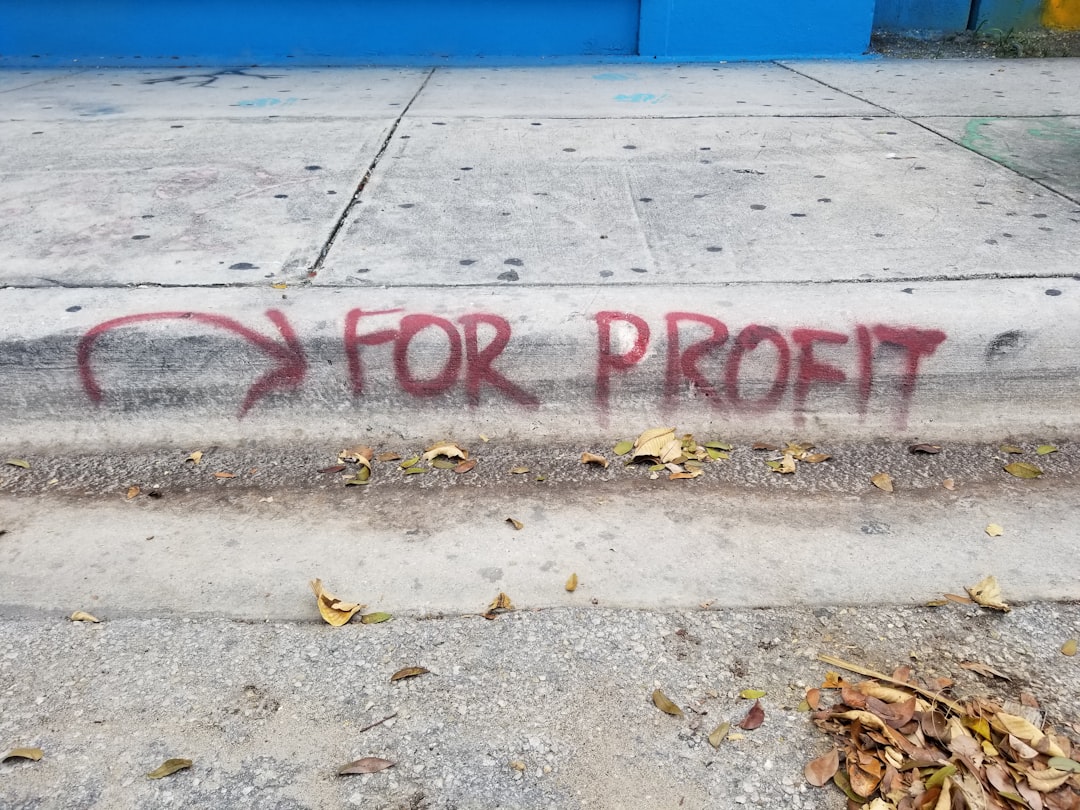Tycho Talks New Open Source Community (Interview)
Streamers & Publishers Strike a Deal, Ticketmaster Doubles Down on NFTs

Whether performing as beloved electronic musician Tycho or posting to his long-running ISO50 blog, Scott Hansen has operated at the intersection of art and technology for two decades. His latest project, Tycho Open Source Community, delves into the potential for Web3 as a place for connection between artists and fans.
As a native of the Bay Area whose career developed during the Web 2.0 era of Silicon Valley, we were interested in exploring his take on the Web3 phenomenon.
The Cadence: I signed up to the new site (tycho.community), connected my wallet and I think you gave me a collectible or an NFT or a passport or something.
Tycho: Yeah, it's a non-fungible token that you can store in your wallet. It can be used for various things, like a membership ID or a token to get into the community.
At its core, this thing is a fan club. There are other ways to do fan clubs, but I think this is kind of the coolest one and the most compelling.
I always try to explain to people it's a digital fob.
It can be a lot of things. Have you heard of Proof of Attendance (PoA) tokens? We did a show in Brooklyn last year and if you went, you could scan this QR code and we would give you free this, this NFT to prove that you had been there.
It's like if you went to a Grateful Dead show back in the day and you got a pin or a patch. It's the same thing. A lot of fans, especially super fans, like to have like these collectibles or these things connected to special events.
How many people at the show minted the PoA?
576 people minted, which was around 10% of the audience.
There’s a collector instinct that some humans have more than others.
I always love collecting pins or patches from anywhere I'd been. As a kid, we'd go on family vacations to the Grand Canyon and I'd get the patch that says Grand Canyon or whatever. For me, that was so cool. Now they're just sitting in a tin in my garage.
I think there's something cool about being to convert that to the digital domain and have those collectibles, all these experiences, that follow you around.
Beyond collecting, is there a utility to the tokens?
We have a Discord community where certain aspects are token-gated. Meaning if you have this particular token, if you were at this particular show, or you bought this particular NFT, you have access to different areas.
The free passport you got for joining Open Source is the main token that allows you access to that community. But, if you didn't have a wallet and you didn't wanna get a wallet or didn't know how to do it, we also allow you to store it on our system. Then it becomes like a Web 2.0 login, essentially. But anytime you want to convert it to a real NFT and own it, that's up to you.
Functionally, I can do any of this without Web3, right? I can sign up and get my login and password. I can watch the videos. I can do this. I can do that. Correct me if I'm wrong.
Yes, but Web 2.0 isn’t portable. If we said everyone who holds a passport also gets access to this Discord server, you would have to get a wallet to take advantage of that. So I think it's really powerful for a fan to have ownership over that access.
And then as an artist, it's super beneficial because now we have direct access to the fans' information. If a fan wants us to know who they are in order to access things like presales, we have access to that and no one's ever gonna stand in a way.
Ticket presales and early releases seem to be the other big driver in fan communities.
I think that’s what a lot of people are in it for. Access to tickets before anybody to beat scalpers.
I assume a lot of effort went into building this out. Is there a business model or a monetization model that you're seeing coming out of all of this?
Yeah, we have planned a season pass, which will allow you access to things like live streams and things like that. In the future, we will allow you access to in-person things at shows. Physical, real-world stuff. And also allow you access to content that isn't available anywhere else.
And does the protocol, Medallion, have an investment?
We are the first public release of this. So I don't even know that any of that stuff is nailed down. I just know that that's kind of like the grand vision. But yes, I would imagine there will be a cut taken.
TAKEAWAYS
Salient statements from this week’s music news.
1. Music Streamers Strike Agreement With Publishers for 15.35% Go-Forward Royalty Rate
After the protracted battle covering publishing royalties 2018-2022, in which the Copyright Royalty Board (CRB) awarded publishers an impressive increase from 10.5% to 15.1%, groups from both sides have preemptively agreed on a far more modeest raise covering 2023-2027.
Takeaway: With the music publishing industry, plus the digital music industry, finally agreeing on something upfront, the involved parties in the proposal are hopeful that the CRB will give it the green light.

2. Ticketmaster Doubles Down on NFTs in Effort to Boost ‘IRL Experiences’ at Events
Digital collectibles issued by the ticketing giant will soon be good for onsite discounts, merch and meet-and-greets at Live Nation event.
Takeaway: Live events have already proved a powerful, non-speculative use case for NFTs.

3. BMG Reports 25% Revenue Jump For H1 2022 As Catalog Expenditures Triple
Information released as part of a larger analysis from its Bertelsmann parent company shows that BMG’s bet on catalog has been a profitable one.
Takeaway: The lion’s share of BMG’s total H1 2022 revenue (€341 million) came from “rights and licenses,” against €28 million from “own products and merchandise” and the remaining €1 million from “services,” per the resource.


